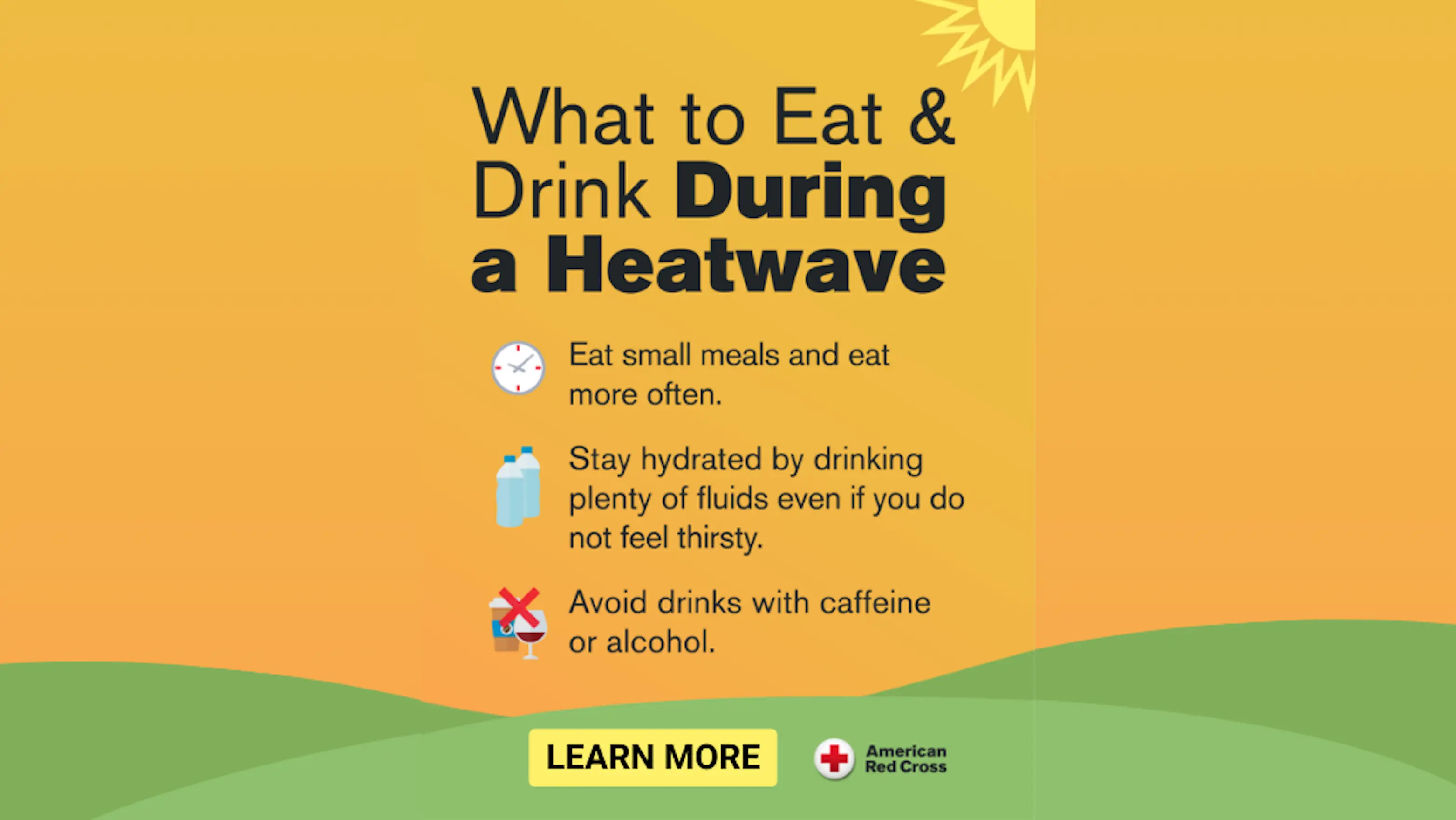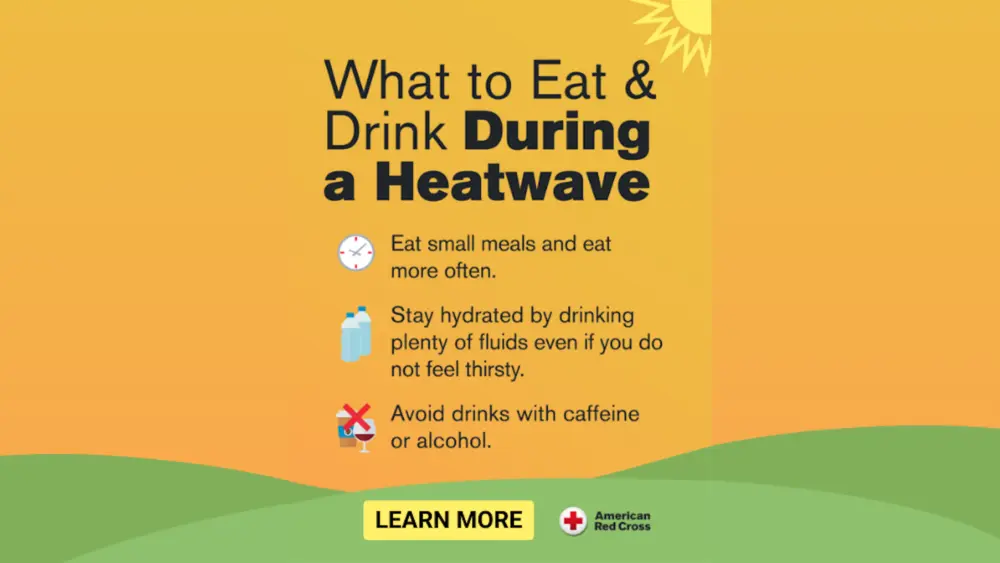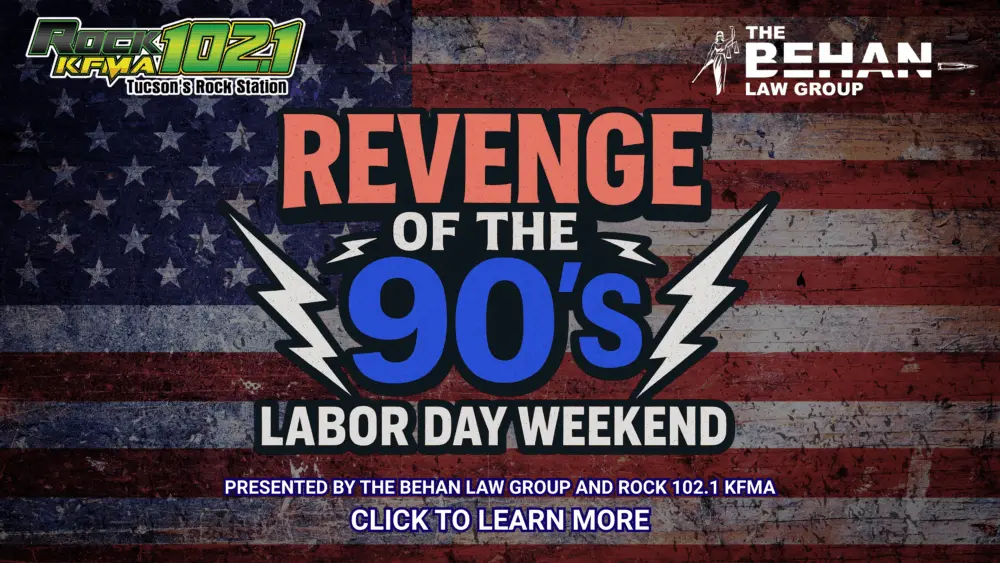
Stay Safe in Extreme Heat
SOUTHERN ARIZONA CHAPTER OF AMERICAN RED CROSS
Know the Risks. Take Action. Protect Yourself and Others.
Heat is the #1 Weather-Related Killer in the U.S.
Each year, more than 600 people lose their lives to heat-related illnesses, according to the CDC. But with the right knowledge and precautions, these tragedies are preventable.
Who’s Most at Risk?
- Adults 65 and older
- People with chronic medical conditions
- Infants and young children
- Outdoor workers and athletes
- Individuals taking medications that increase sensitivity to heat
- Those with heart disease, obesity, or mental illness
Hot Cars & Pavement Can Be Deadly
Never leave children or pets in a vehicle. Temperatures inside a car can soar to 120°F in minutes, and pavement can reach 160°F—causing serious burns and heatstroke.
How to Stay Safe in the Heat
- 💧 Stay hydrated. Drink plenty of fluids—avoid alcohol and caffeine.
- 🏠 Stay cool. Go to public places like libraries, malls, or theaters if you don’t have A/C.
- 👕 Dress smart. Wear light-colored, loose-fitting clothing. Avoid dark colors.
- 🐶 Protect pets. Give them shade, cool water, and check on them often.
- 🚶 Slow down. Avoid strenuous activity during peak heat. Use the buddy system outdoors.
Know the Signs of Heat-Related Illness
Heat Cramps
Pain or spasms in legs/abdomen
Rest and hydrate with cool water (4 oz every 15 mins)
Heat Exhaustion
Cool, pale, or flushed skin
Heavy sweating, nausea, dizziness
Move to a cooler spot, loosen clothing, hydrate slowly
Call 911 if vomiting or unconsciousness occurs
Heat Stroke (Life-Threatening)
Hot, red skin (dry or moist), confusion, vomiting
Call 911 immediately
Cool the person with cold water immersion, wet towels, or ice bags
Stay Ready—Download the Free Red Cross Apps
- 📱 Red Cross First Aid App – Step-by-step care instructions
- 📱 Red Cross Emergency App – Weather alerts and shelter info
Check on Those Who May Need Help
Keep an eye on family, friends, and neighbors—especially those without air conditioning or who live alone. A simple check-in could save a life.
Extreme Heat Is Dangerous—But You Can Help Prevent a Tragedy. Learn the signs. Take precautions. Help others. Stay safe. Stay cool.
















